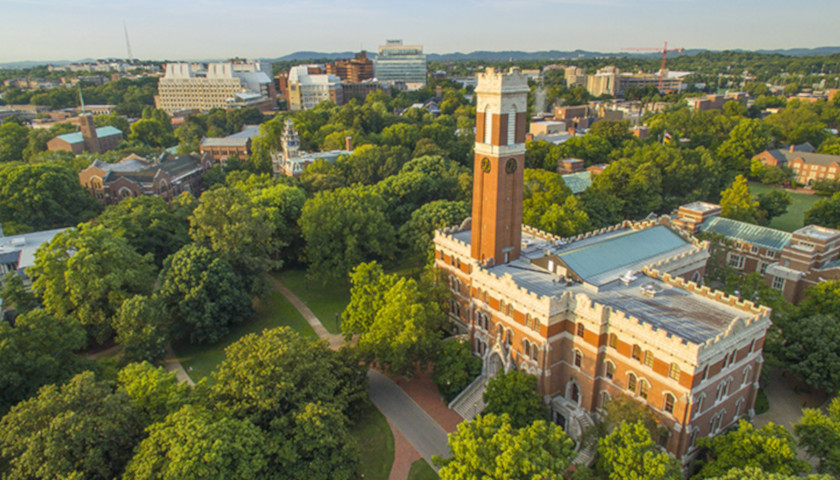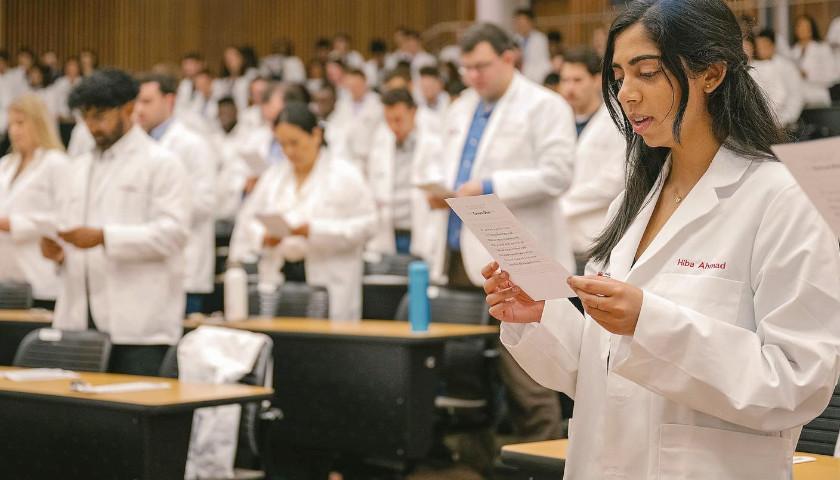Vanderbilt University announced last month that it joined the Universities Studying Slavery (USS) consortium to further fight racial injustice and foster inclusivity on campus. According to the USS website, consortium membership means Vanderbilt University will probe its history for slavery or racism.
Chancellor Daniel Diermeier praised Vanderbilt University’s decision to further engage in introspection on its systemic inequity and racism.
“Vanderbilt’s membership in this consortium signals our dedication to a rigorous study of our institutional history,” stated Diermeier. “We recognized the importance of exploring and acknowledging the legacies of racial injustice and segregation through scholarship and rigorous research.”
In its press release, the university shared that they’d embarked on a number of other research studies and projects related to the histories of slavery and racial injustice outside the university.
Vanderbilt University cited their Slave Societies Digital Archive, which documents approximately 6 million free and enslaved African Americans through over 1 million documents; the Historic Black Nashville Mapping Project, which outlines and investigates Black history of the city; the Fort Negley Descendants Project, an oral history archive of African American builders and defenders for the site; the Mapping Black Litigants and Lenders in the Antebellum South, a history of Black individuals litigating for themselves in lower court; the Engine for Art, Democracy, and Justice, an art gallery featuring Black artists; the Black Lives and Liberation series, a documentation of Black social justice activism; and the Circus-Atlantic Studies, a seminar series on Atlantic slavery, colonialism, and post-colonialism.
The USS consortium emerged in 2014 after the University of Virginia (UVA) formed the President’s Commission on Slavery and the University (PCSU) in 2013. PCSU’s express goal was to include schools with active research agendas addressing institutional relationships to slavery or a historical reliance on enslaved laborers to build and maintain their campus.
At the beginning, PCSU consisted of four other institutions: the College of William and Mary, Washington and Lee University, Sweet Briar College, and Roanoke College. Following greater interest beyond the state of Virginia, UVA expanded its scope and established the group as USS.
USS members engage in semiannual meetings to strategize and collaborate on various solutions to achieve racial justice and restoration.
Over 70 institutions are currently within the USS. Their next event will be a symposium this fall, from September 29 to October 1.
– – –
Corinne Murdock is a reporter at The Tennessee Star and the Star News Network. Follow her latest on Twitter, or email tips to [email protected].
Photo “Vanderbilt University” by Vanderbilt University.





